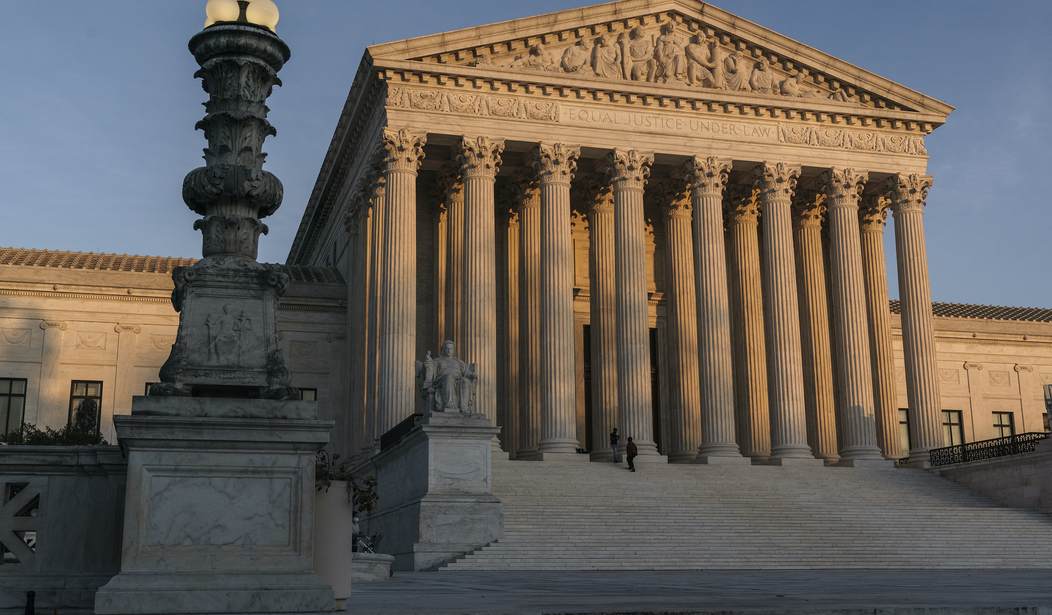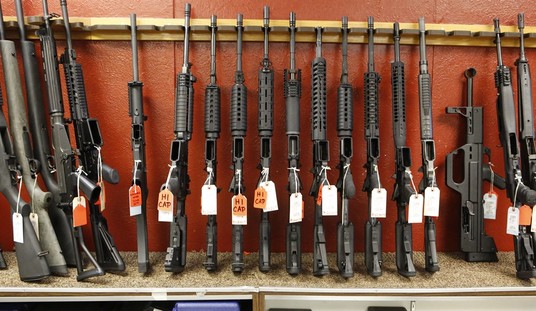The Supreme Court didn’t make any public announcements about taking or rejecting a challenge to New York State’s licensing regime for concealed carry as it released its orders from last Friday’s conference on Monday morning. Instead, it looks like the Court will hold the case over for reconsideration at this week’s conference.
While we don’t know why the Court wants more time to debate taking or rejecting New York State Rifle & Pistol Association v. Bruen, it’s likely that the Ninth Circuit’s decision last week upholding the state of Hawaii’s restrictive licensing system for open carry has left the more conservative wing of the Court with a choice that they want a little more time to ponder; accept the New York case now or wait until the Young v. Hawaii case officially arrives at their doorstep in a few weeks.
It’s clear that there’s now a split in the various appellate courts regarding the right to bear arms. The Ninth Circuit says the Second Amendment doesn’t protect a general right to carry, either openly or concealed, while other circuits, including the Seventh Circuit Court of Appeals, have found that the right to keep and bear arms actually does protect the right to bear arms outside of the home for self-defense. Given the current make up of the Court, expectations from Second Amendment supporters that SCOTUS will accept either the New York case or the Hawaii case are high, but the Court’s past reluctance to weigh in on any 2A cases since McDonald v. City of Chicago back in 2010 also has some gun rights activists worried that the Supreme Court will end up punting on the issue yet again.
The last time SCOTUS agreed to hear a Second Amendment case, it was a challenge to a New York City law restricting travel with a handgun back in 2020. Rather than attempt to defend the law at the Supreme Court, however, the city of New York and the state legislature both ended up tweaking the law and arguing that the case was now moot; an argument that unfortunately worked. SCOTUS sent the case back down to district court without ruling on the merits or constitutionality of the law in question.
That’s not likely to happen with a case dealing specifically with the right to carry, though it’s not out of the question. In late 2012 the Seventh Circuit Court of Appeals ruled that the complete ban on carrying firearms in Illinois violated the Second Amendment rights of residents, and rather than challenge that decision at the Supreme Court and risk a national precedent being set, anti-gun lawmakers and gun control advocates decided to take the loss and craft a “shall issue” concealed carry law. That law has been in place since 2013, and while it certainly has its flaws (a $150 application fee and 16 hours of required training among them), hundreds of thousands of Illinois residents have obtained their carry license in the years to follow.
It would be a big step for lawmakers in New York or Hawaii to scrap their existing licensing regime and replace it with a “shall issue” system, but gun control activists will almost certainly be encouraging that step as a defensive move (though they probably won’t be lobbying for that publicly) if the Court agrees to hear one or both of these cases.
The debate among gun control proponents isn’t going to be limited to Albany or Honolulu, however. In Washington, any new interest in the Second Amendment on the part of SCOTUS is going to renew calls from the Left to nuke the filibuster and start packing the Court full of anti-gun justices. In fact, gun control groups are already embracing the idea as a way to pass anti-gun bills in the Senate.
We're proud to help our allies @AMarch4OurLives, @GunsDownAmerica, @bradybuzz & others end the filibuster so the Senate can finally take action to #EndGunViolence and save liveshttps://t.co/9cg4jjfmdE
— Fix Our Senate (@FixOurSenate) March 26, 2021
From Axios:
What they’re saying: “We didn’t do all this work in 2020, tell all of our youth activists to get out and vote, to get nothing done,” Max Markham, policy director at March for Our Lives, told Axios.
- He said his group intends to get involved in lobbying efforts to eliminate the filibuster.
- Greg Jackson, a community organizer who leads the Community Justice Action Fund’s national advocacy efforts, said the filibuster is “part of the reason why gun violence has continued to rage forward without the solutions we need.”
- Many gun control activist groups have partnered with larger advocacy projects specifically targeting the elimination of the filibuster. March for Our Lives, Guns Down America, and Brady, for example, are involved in one such group called Fix Our Senate.
- Brady’s vice president of policy Christian Heyne tells Axios’ Kadia Goba: “Here’s why I see democracy issues like the filibuster as a gun violence prevention issue: We know that the same communities that are disproportionately impacted by gun violence are the voices who are being marginalized in our democratic systems and structures.”
While the messaging, for now, is focused on passing legislation, getting rid of the filibuster would lead to an attempt to pack the Supreme Court with at least four new justices, all of them nominated by Joe Biden and every one of them with a viewpoint that’s hostile to the right to keep and bear arms.
Senate Democrats already threatened SCOTUS after justices accepted the New York City case that was ultimately declared moot by the Court, with Sen. Sheldon Whitehouse penning a bizarre “brief” in the case that read more like a warning than a legal argument.
“The Supreme Court is not well. And the people know it,” writes Whitehouse, who is listed as the attorney of record on the friend-of-the-court brief. “Perhaps the Court can heal itself before the public demands it be ‘restructured in order to reduce the influence of politics.’ ” The phrase is from a poll question with which a majority of Americans agreed.
Democratic Sens. Mazie Hirono (Hawaii), Richard Blumenthal (Conn.) Richard J. Durbin (Ill.) and Kirsten Gillibrand (N.Y.) joined the incendiary brief, which questions whether the court’s conservative majority — nominated by three Republican presidents — is motivated by partisan intent and is in the pocket of the National Rifle Association and the Federalist Society, a conservative legal group.
How much the threat of court packing is weighing on the minds of individual justices is unknown, but the Court cannot and should not be cowed by the bullying of senators like Sheldon Whitehouse. The Supreme Court has two opportunities to ensure that the right to bear arms isn’t written out of the Bill of Rights by anti-gun judges, and in order to protect and secure that right, the Court needs to accept one or both of these cases in the weeks ahead.









Join the conversation as a VIP Member